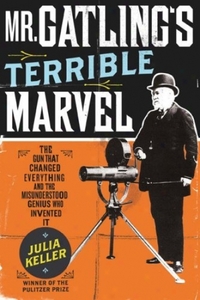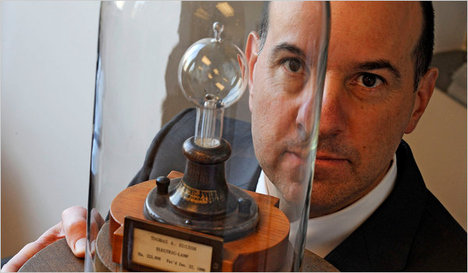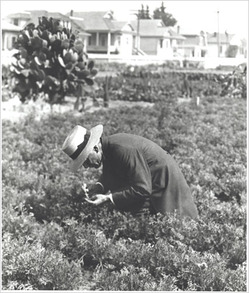(p. A15) Hardly a week goes by without a headline pronouncing that China is about to overtake the U.S. and other advanced economies in the innovation game. Patent filings are up, China is exporting high-tech goods, the West is doomed. Or so goes the story line. The reality is very different.
. . .
But more than 95% of the Chinese applications were filed domestically with the State Intellectual Property Office–and the vast majority cover “innovations” that make only tiny changes on existing designs. A better measure is to look at innovations that are recognized outside China–at patent filings or grants to China-origin inventions by the world’s leading patent offices, the U.S., the EU and Japan. On this score, China is way behind.
. . .
China’s educational system is another serious challenge because it emphasizes rote learning rather than creative problem solving. When Microsoft opened its second-largest research lab (after Redmond, Wash.) in Beijing, it realized that while the graduates it hired were brilliant, they were too passive when it came to research inquiry.
The research directors attacked this problem by effectively requiring each new hire to come up with a project he or she wanted to work on. Microsoft’s approach is more the exception than the rule among R&D labs in China, which tend to be more top-down.
For the full commentary, see:
ANIL K. GUPTA AND HAIYAN WANG. “Chinese Innovation Is a Paper Tiger; A closer look at China’s patent filings and R&D spending reveals a country that has a long way to go.” The Wall Street Journal (Thurs., July 28, 2011): A15.
(Note: ellipses added.)





